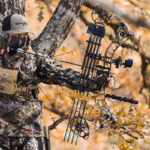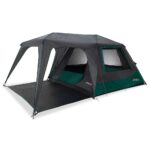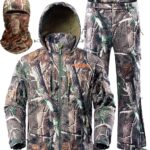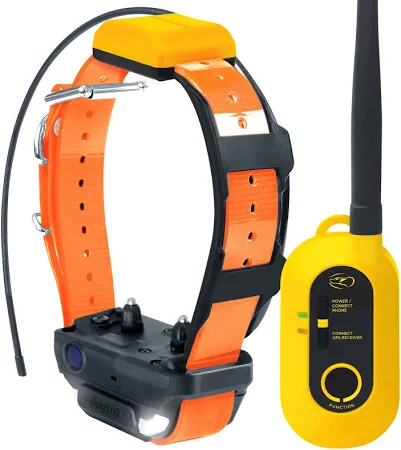GPS Tracker For Hunting Dogs
GPS Tracker For Hunting Dogs, as a hunter in 2024, selecting the right GPS tracker for your hunting dog is crucial and best, as it directly affects your ability to track and locate your dog in the field. Here are some key factors and tips to consider when choosing a GPS dog tracker:
1. Tracking Range
Long-Range Tracking: If you hunt in open areas or mountainous regions, it’s essential to choose a tracker with a long transmission range. Good GPS dog trackers typically offer effective tracking over several kilometers by using the mobile apps.
Coverage in Dead Zones: Consider how well the device performs in densely wooded or mountainous areas, as some trackers may have weaker signals in such terrains. soe forest may be hard for dogs to hunting.
2. Battery Life
Long Battery Life: Battery life is critical for long hunting trips. A tracker with longer battery life ensures you won’t lose track of your dog during extended periods. every hunter needs to look for the longest battery so as they can hunt for longer no stress.
Replaceable Batteries: Some devices come with replaceable batteries via the purchase in some company, allowing you to swap them out in the field, which can be a lifesaver when the power runs low.
3. Location Accuracy
High-Precision GPS: Choose a device with high location accuracy to help you quickly find your dog. Modern GPS trackers often integrate GPS and GLONASS systems to improve accuracy and speed.
Real-Time Tracking: Ensure the device supports real-time location updates, so you can always stay updated on your dog’s movements.
4. Durability and Waterproofing
Rugged Design: A durable, shock-resistant device is crucial for outdoor use, as trackers may be subject to bumps and drops during hunting.
Waterproof Rating: Waterproofing is vital especially during soe seasons, especially in rainy conditions or if your dog might cross water. Devices with a waterproof rating of IP67 or higher are better suited for outdoor use.
5. Additional Features
Geofencing: Some GPS trackers support geofencing, alerting you when your dog leaves a designated area, which can be very useful during hunts. that he goes location the gps cannot detect.
Two-Way Communication: High-end devices may also support simple two-way communication or training signals, like vibrations or sound alerts, helping hunters remotely control their dogs’ behavior.
Multi-Dog Tracking: If you have multiple dogs like 2-5, choose a tracker that supports tracking several dogs simultaneously, allowing you to monitor their positions and activities.
6. Software Support and User Interface
Mobile App: Modern GPS dog trackers in 2024 usually come with mobile apps, making it convenient to check your dog’s real-time location on your phone. Ensure the tracker supports your preferred mobile platform. you cn download it via (iOS or Android).
Map Features: Consider the type of maps (such as terrain maps or satellite maps) provided in the app and whether it supports offline maps for areas with limited cellular coverage.
7. Brand and Customer Support
Reputable Brands: opt for reliable brands like Express outdoor Garmin, and others to ensure quality and customer support.
Local Support: Check if the brand has service centers or repair facilities in your region, which can be helpful if you encounter issues with the device.
8. Price and Value for Money
Budget Planning: The price range for GPS dog trackers varies significantly and them differs functions, from basic models to high-end versions. Select a device that fits your needs and offers good value for money. It doesn’t always have to be the most expensive one, but it should have all the essential features.
Conclusion
Choosing the best GPS dog tracker involves considering factors such as tracking range from km to another, battery life, location accuracy, durability, and additional features. Depending on your hunting environment and personal preferences, you can compare different options to find the one that best meets your needs. GPS Tracker For Hunting Dogs.


 GPS Dog Collars
GPS Dog Collars Sleeping Bags
Sleeping Bags compound bows
compound bows CAMPING TENT
CAMPING TENT Sitka Hunting Clothes
Sitka Hunting Clothes Backpacking
Backpacking








